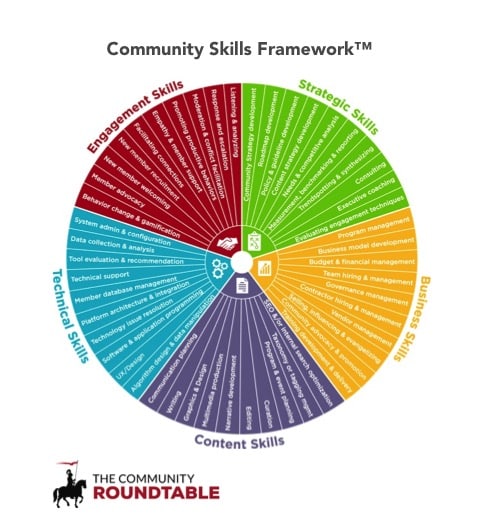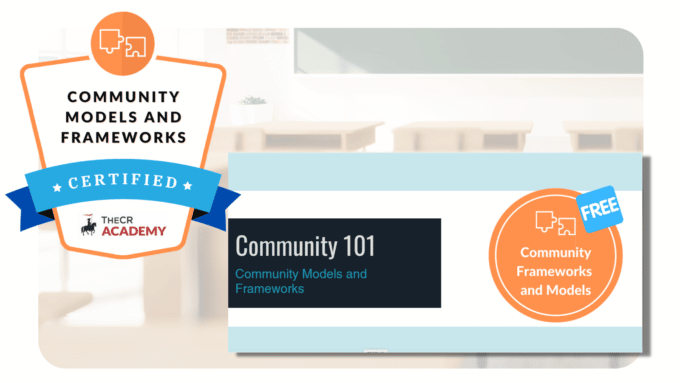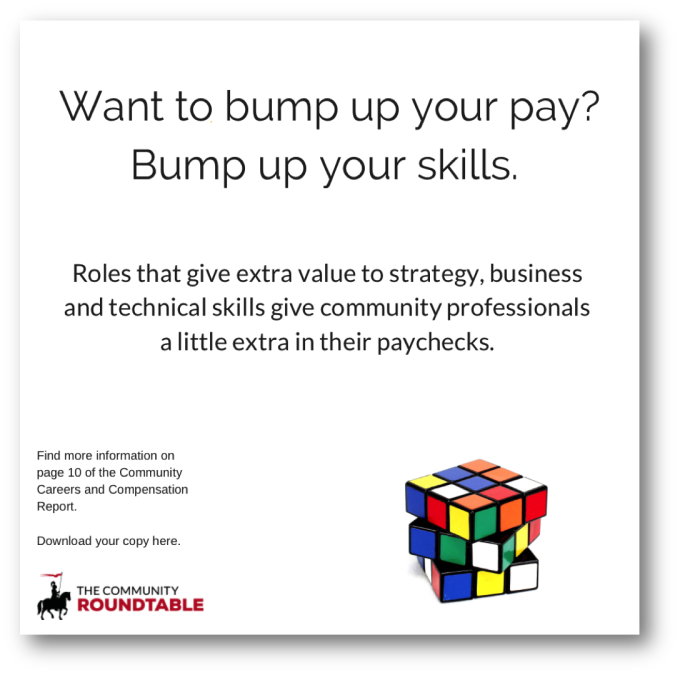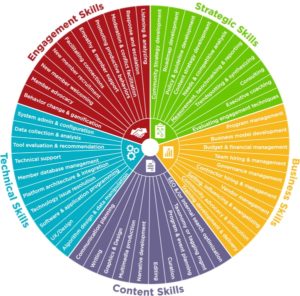Check these three easy community management to-dos off your list and set yourself up for community success.
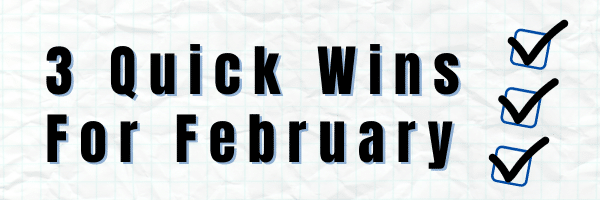
We are delighted that in recent years February has become a time to practice love in all its forms. If you’re into all that Cupid stuff? Awesome! But the rise of Galentine’s Day, along with increased calls for self-care is what really warms our hearts. Our quick wins for February focus on online community love.
1- Put your oxygen mask on first.
If you aren’t taking care of yourself, can you really do your best job taking care of other people in your online community? No. So, February is a great time to reflect on the parts of your online community management role that help you thrive. Thinking about your role and your future isn’t selfish; knowing yourself and where you excel and where you want to grow is only good for your community.
If you aren’t familiar with our Community Skills Framework, it’s a great way to assess your strengths and identify areas for growth and areas for outsourcing. You aren’t going to be great at every single community thing and that’s ok (more than okay – normal!) Identifying the places you should ask for help, hone your skills, and better use resources will make you happier at work and more productive. This short video walks you through all 50 skills in community management and helps you prioritize your time.
2- Show Your Superusers Some Love
Every online community – internal (employee community) and external (custom community) – has a handful of dedicated members who contribute more than the rest. Whether you have a formal superuser, advocacy, or membership leadership program, or informally track and interact with these members, now is a great time to show them some love.
5 Ways to Show Super Users Love in Your Online Community:
1- Swag. Everyone loves free stuff, and it doesn’t have to be an expensive investment. A hand-written note and some stickers go a long way with your superusers.
2- Shout-Outs. Highlight these members in the online community with a quick mention. Feeling seen and appreciated by online community managers makes super users feel valued.
3- Online Badges. If your online community uses badges, create a special badge to identify your superusers. This will also highlight your superusers as a resource to new members who may not understand how to engage when they join your online community.
4- Personally thank active contributors. It seems simple, but it helps increase member satisfaction.
5- Give them a sneak peek at an upcoming program, feature, or initiative. You’ll get valuable feedback and your superusers will love feeling like they got a behind-the-scenes look at something before everyone else does.
How to Start a Super User Program
If you don’t already have a superuser program in place you might consider putting that on your 2022 to-do list. Our State of Community Management research shows that when a member of an Average External Community shifts from a passive recipient of information to an active participant, their activity increases by more than 10x. Their ROI – the return they get for the time they invest – increases by over 200%. This makes investing in advocacy and member leadership programs a no-brainer.
This case study from Mimecast highlights how their community team nurtures their superusers, resulting in the growth of customer participation over 3x in two years.
3- Encourage Your Community to Say Thanks
Everyone is tired. Everyone is burnt out. Everyone is over being on Zoom. Ok, maybe not everyone, but definitely a lot of people. This last quick win is as much for your sanity as for the good of your community. Find a way this month to bring out the good people are feeling.
Maybe it’s a shout-out thread where members can recognize people or ideas that have inspired them recently. Maybe you start a gif-off channel in slack where people can share thank yous accompanied by delightful memes. Maybe you start an appreciation discussion where you tag three people who have made your work life easier/better/more fun/less crazy and ask them to tag three people, and so on.
A wise man (ok, it was Ferris Bueller) once said “Life moves pretty fast. If you don’t stop and look around once in a while, you could miss it.” Use February as an excuse to slow down and show some love.
If you have other ways you like to show appreciation in your community we would LOVE to hear them! Please share in the comments below, in our free Facebook Group with over 1500 members, or tag us on twitter @thecr.
PS – We love you. After 14+ years in the community business, we know that we are only as successful as our community. You’re killing it out there, and we’re proud of you. Stay strong!
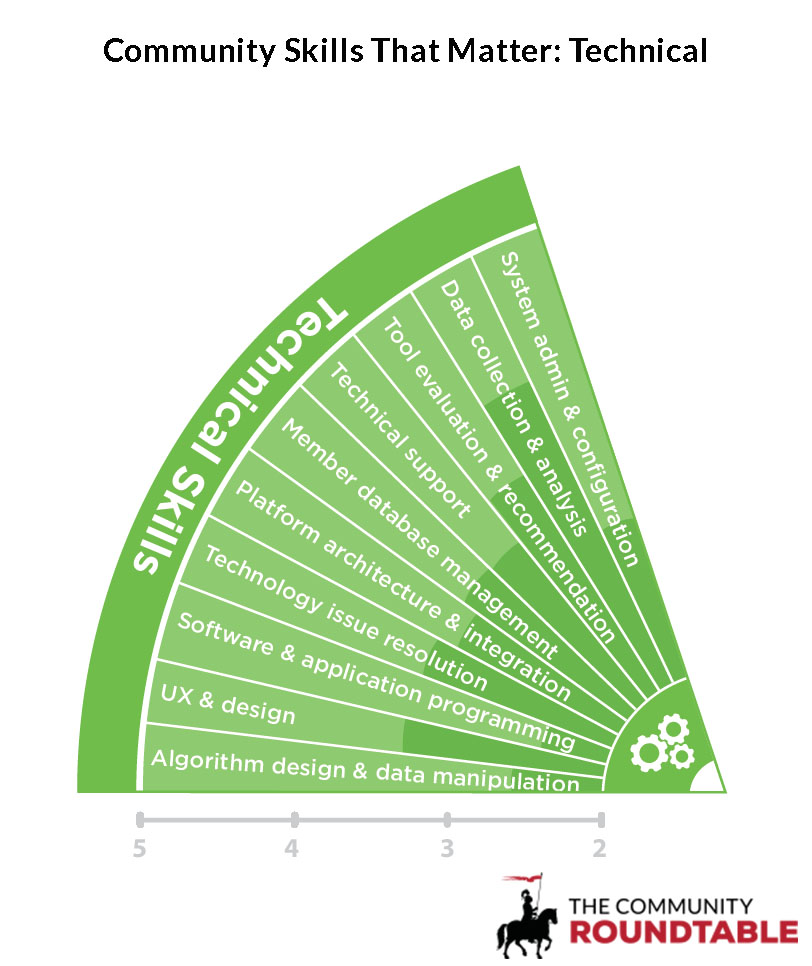
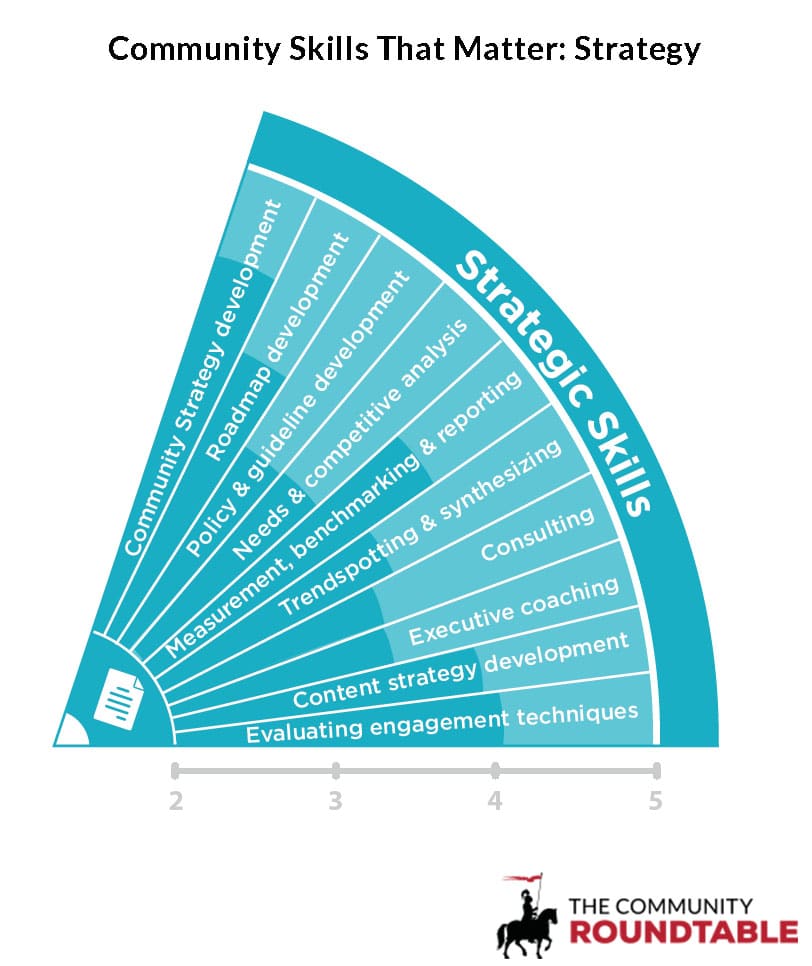
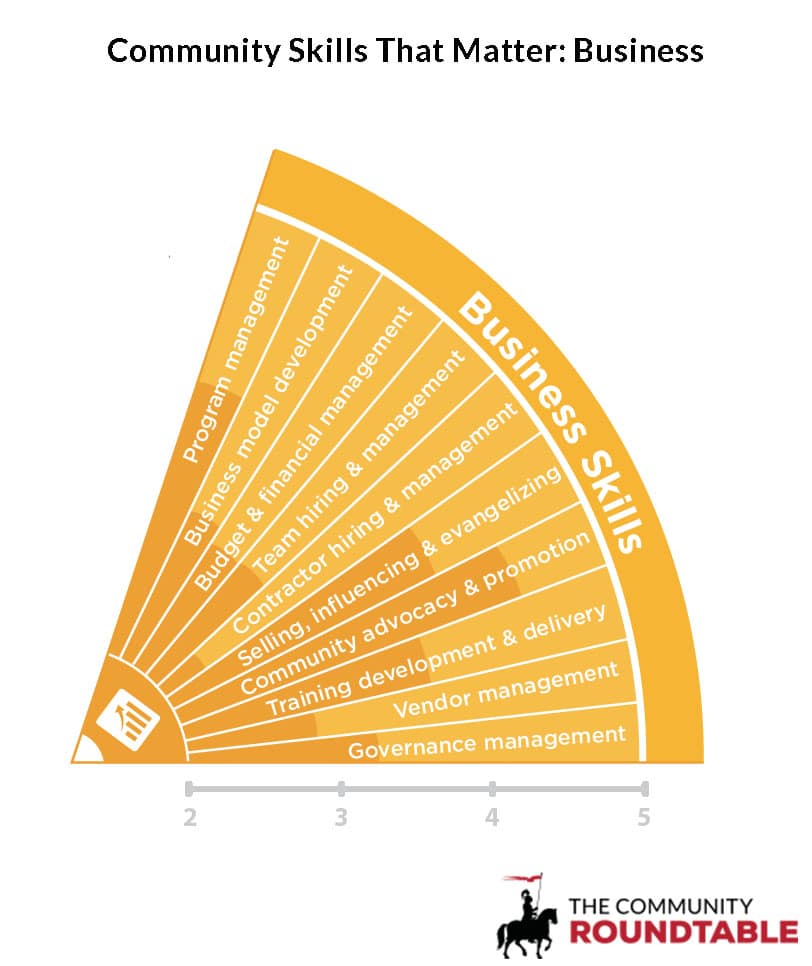
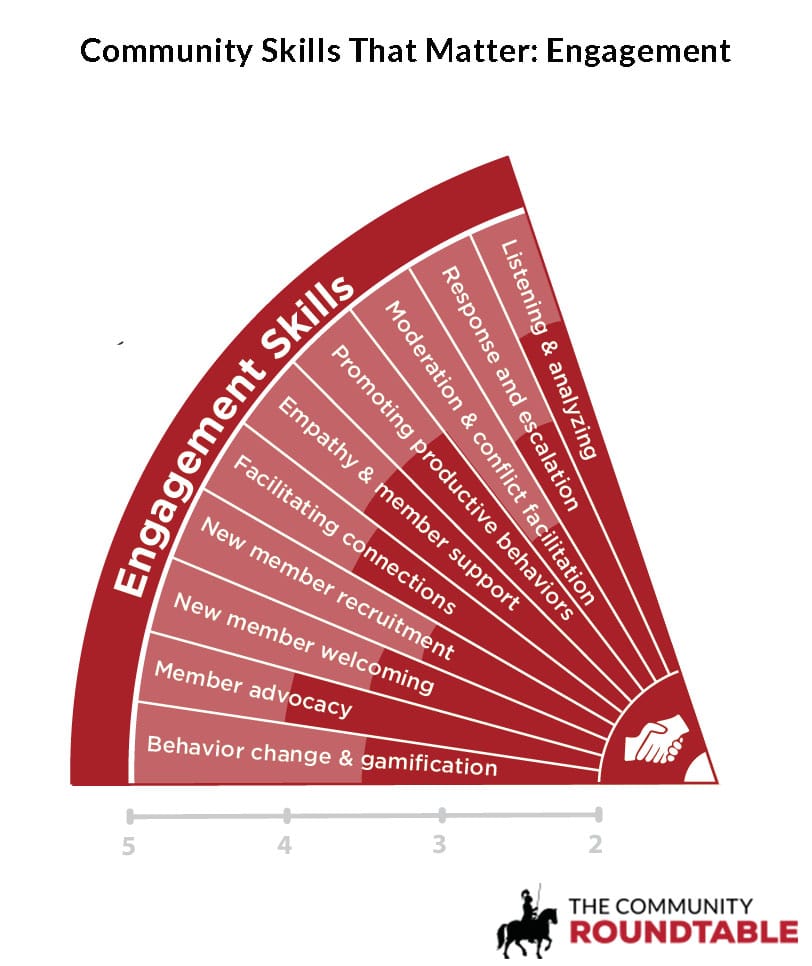
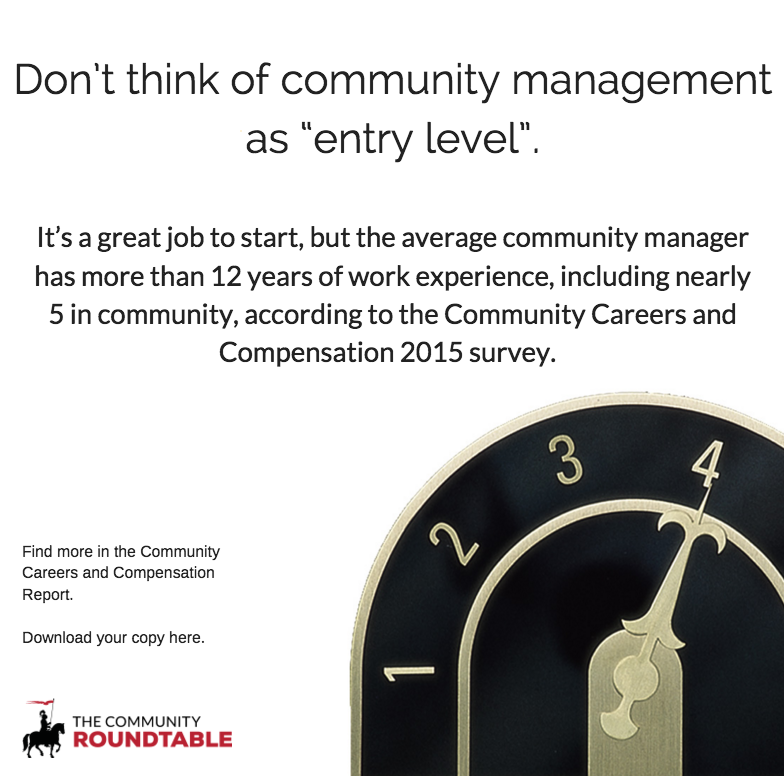
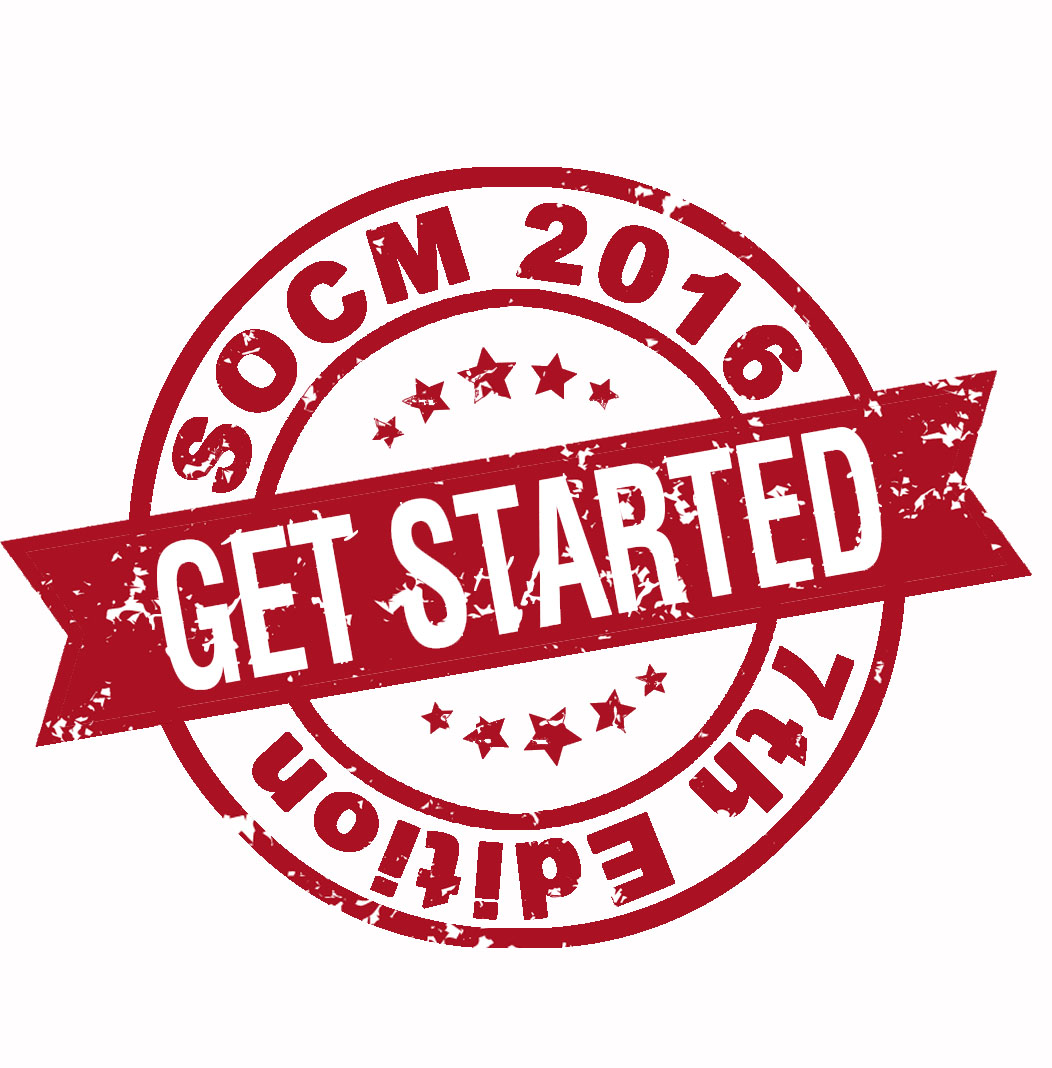 You can identify your strengths and find growth opportunities that will help you advance your career – and maybe even get a raise!
You can identify your strengths and find growth opportunities that will help you advance your career – and maybe even get a raise!
